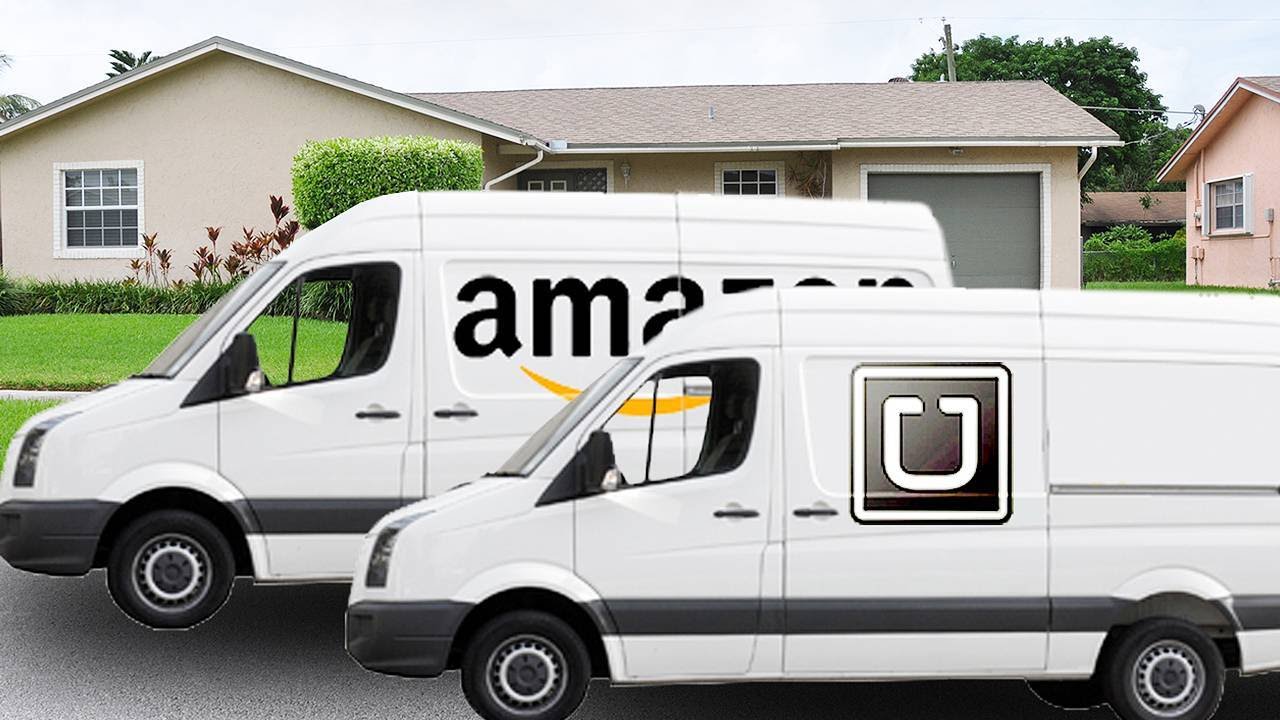Compared to a few decades ago, our shopping habits have drastically changed, and it is mostly thanks to the internet. The internet itself became broadly available for the public in the 1990s: in 1995 there were ca. 16 million internet users. By now this number has increased to over 3.8 billion, which makes up over half of the world’s population. Along with the internet came e-commerce as well, which by now is a $2 trillion market.
As a consumer, e-commerce changed our expectations. First of all, we are now capable of gathering a sufficient amount of information to make the best decision if we take the time. We can easily compare deals, read customer feedback and so on. Secondly, we can choose from domestic as well as international offers. Maybe the perfect deal for us is not from within the country but it’s not a problem; we can get an exact price quote for shipping services from overseas and calculate if it’s worth it. While we could all do these before the internet era as well, now we don’t even have to leave the house to receive the item we’ve wanted!
But the change didn’t end there. By now, the option of being able to purchase online has become an expectation of customers, and what can provide sellers an advantage over other sellers is faster delivery. We want good products for a low price and we want them now.
This exerts a great amount of pressure on the logistics industry. Clients are expecting higher on-time-delivery rates and want the option to track the shipment to keep an eye on the process. What can logistic companies do? They need to closely follow this trend and improve their services by installing innovative solutions. Logistics is an $8.1 trillion market, which is a pie definitely worth fighting for.
The best way to see how the industry reacted to the newly developed expectations is by examining certain market players. The following infographic shows us how online retail giant Amazon and the most valuable U.S. startup, Uber, are trying to take advantage of the situation and take the lead in reshaping the market. Private fleet, maritime license, automation, there are no limits when it comes to innovation.

Article and Infographic Courtesy: TradeMachines



